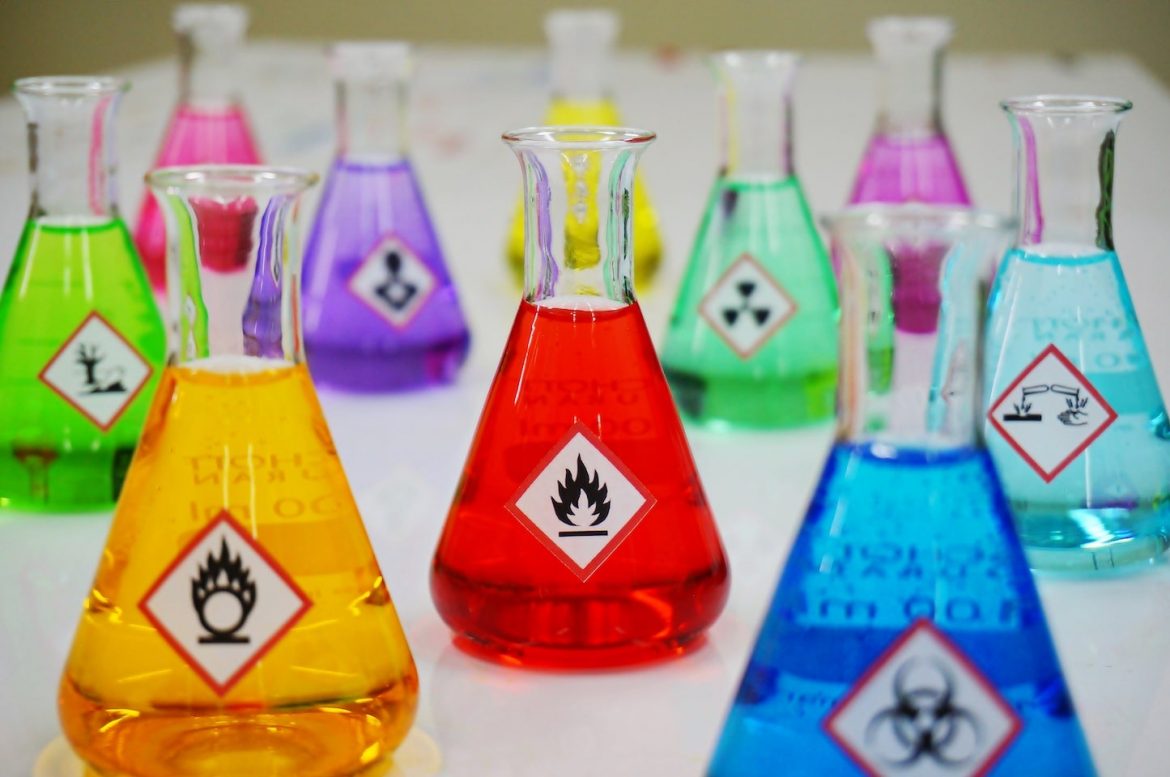In the vast world of chemistry, countless substances are used in various industries, each with its unique properties and applications. However, one chemical stands out as the most common: water (H2O). This article will delve into the reasons behind water's ubiquity, its diverse applications, and the implications for industries and the environment.
Water, a simple molecule composed of two hydrogen atoms and one oxygen atom, is the most widely used chemical due to its unique physical and chemical properties. It is a universal solvent, meaning it can dissolve more substances than any other liquid. This property makes it indispensable in numerous industrial processes.
In the pharmaceutical industry, water is used as a solvent in the production of drugs. It is used to dissolve various substances, facilitating chemical reactions and the creation of new compounds. Water is also used in the purification and sterilization processes, ensuring the safety and efficacy of the drugs produced.
In the food and beverage industry, water plays a crucial role in almost every stage of production. It is used in the preparation of raw materials, cooking, cleaning, and even as an ingredient in many products. Moreover, water is essential in maintaining the hygiene standards in food processing facilities.
In the energy sector, water is used in various forms of power generation. In hydroelectric power plants, the kinetic energy of flowing or falling water is used to generate electricity. In thermal power plants, water is used as a coolant and in the production of steam to drive turbines.
Water is also a key player in the agricultural sector, where it is used for irrigation, livestock watering, and in the production of fertilizers and pesticides. Furthermore, water is essential in the textile industry, where it is used in dyeing, finishing, and washing processes.
Despite its widespread use, the overuse and misuse of water have significant environmental implications. Water pollution, scarcity, and the associated impacts on biodiversity are pressing issues that need to be addressed. Industries are increasingly recognizing the need for sustainable water management practices, such as water recycling and the use of alternative, less water-intensive processes.
In conclusion, water, due to its unique properties and versatility, is the most common chemical used in various industries. However, its ubiquity also brings about significant environmental challenges that need to be addressed through sustainable practices. As we continue to rely on this invaluable resource, it is crucial to balance its use with the need to protect and preserve our environment.

